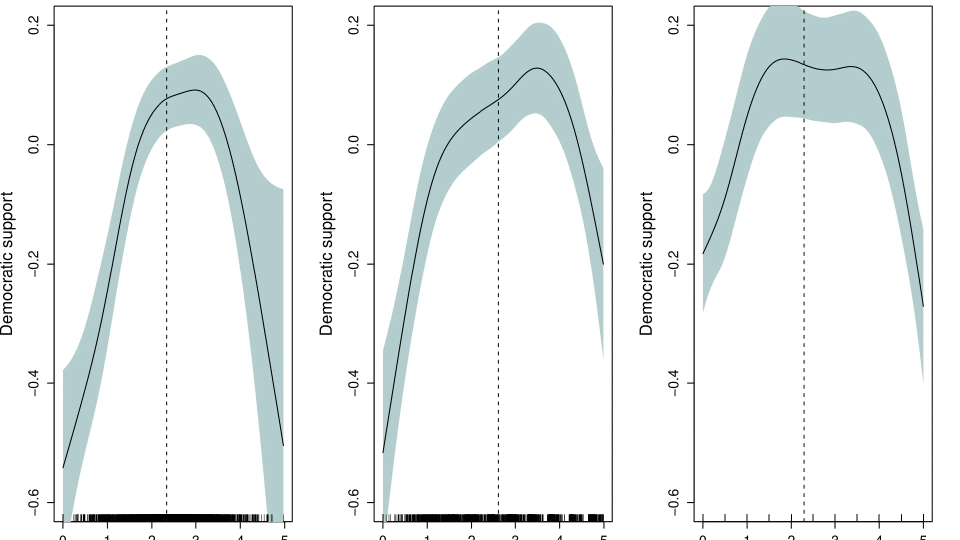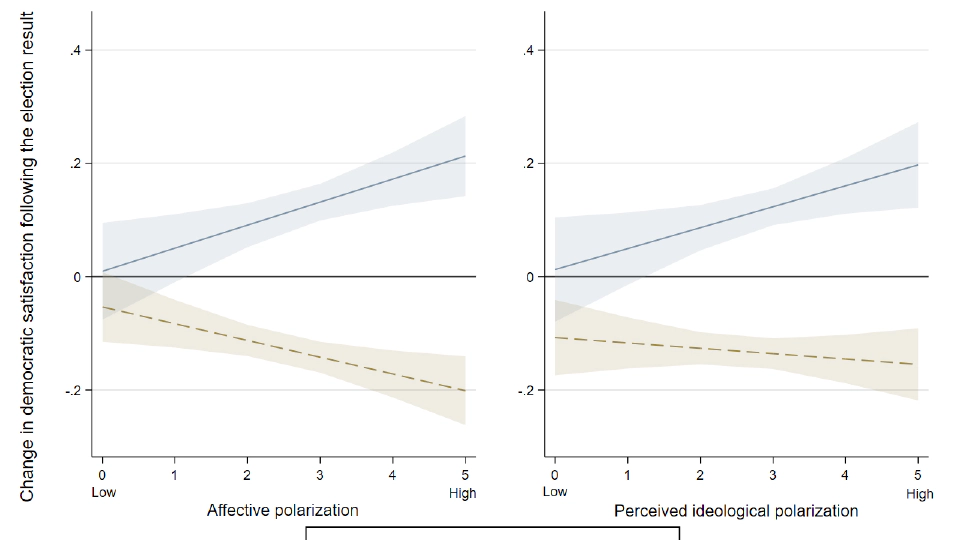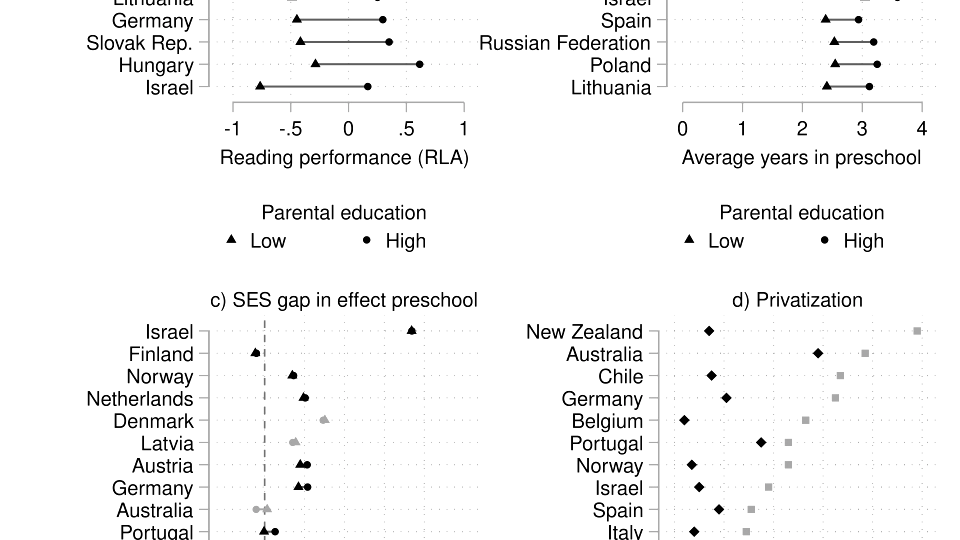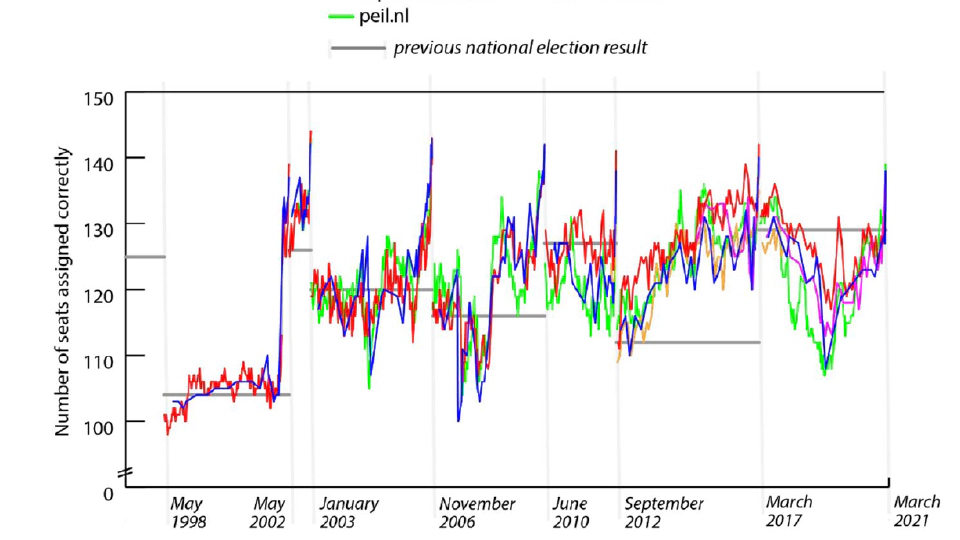I am a PhD candidate at Ghent University, affiliated with the Department of Political Science and the GASPAR research group. My primary research interests lie at the intersection of political psychology, political behaviour, and comparative politics, with a particular focus on understanding citizens’ commitments to democratic procedures and principles. In my dissertation, I examine how affective polarization influences citizens’ willingness to prioritize political gain over democratic values. Methodologically, I employ a range of quantitative techniques, including experiments, panel data analysis, and cross-national surveys. As a political scientist, I am committed to interdisciplinary research and open science principles.
My work is supported by the Research Foundation Flanders (FWO) under a four-year fundamental research fellowship, and has been published in leading international peer-reviewed journals, such as the European Journal of Political Research, Political Behaviour, and Acta Politica. Thank you for visiting this website, and feel free to contact me for any inquiries or collaborations.
- Democratic Attitudes
- Political Psychology
- Political Behavior
- Comparative Politics
- Affective Polarization
PhD Political Science
Ghent University
Research Master Social Sciences
University of Amsterdam
BSc Political Science
University of Amsterdam
BSc Communication Science
University of Amsterdam
My dissertation titled ‘Divided over Democracy: The effects of Affective Polarization on Citizens’ Democratic Support’ is funded by the Research Foundation Flanders (FWO) under a four-year fundamental research fellowship (2023-2027).
Supervisors & Doctoral Advisory Committee
Supervisors: Prof. dr. Anna Kern (supervisor) & Prof. dr. Hannah Werner (co-supervisor)
Doctoral Advisory Committee: Prof. dr. Suthan Krishnarajan, Prof. dr. Yphtach Lelkes, & Prof. dr. Markus Wagner.
Dissertation chapters
(1) Janssen, L. (2024). Sweet victory, bitter defeat: The amplifying effects of affective and perceived ideological polarization on the winner–loser gap in political support. European Journal of Political Research.(2) Janssen, L., & Turkenburg, E. (2024). Breaking free from linear assumptions: Unravelling the relationship between affective polarization and democratic support. European Journal of Political Research.
Project abstract
Scholars warn that affective polarization – the tendency of partisans to dislike or even loathe supporters of opposing political parties – undermines citizens’ commitments to principles and norms on which democracies are founded (i.e., democratic support). Within the academic literature, speculation about the potential political consequences of affective polarization on democratic support is rife, but empirical evidence is inconsistent and mixed at best. In this project, I aim to address this gap by comprehensively studying the extent to which affective polarization erodes citizens’ democratic support in Europe. This project translates the concerns about the political consequences of affective polarization into a theoretical and empirical research agenda by (1) studying how affective polarization and democratic support relate to each other across countries and electoral contexts, (2) developing and testing a causal mechanism between affective polarization and democratic support, and by (3) examining the conditionality of the consequences of affective polarization on the losers and winners of salient political decisions. Methodologically, I employ crossnational survey data as well as survey experiments. This project offers innovative theoretical and empirical insights into a pressing question in contemporary scholarly discourse: To what extent does affective polarization threaten the quality and stability of democracies?



